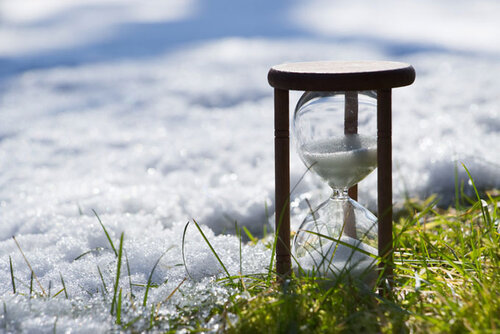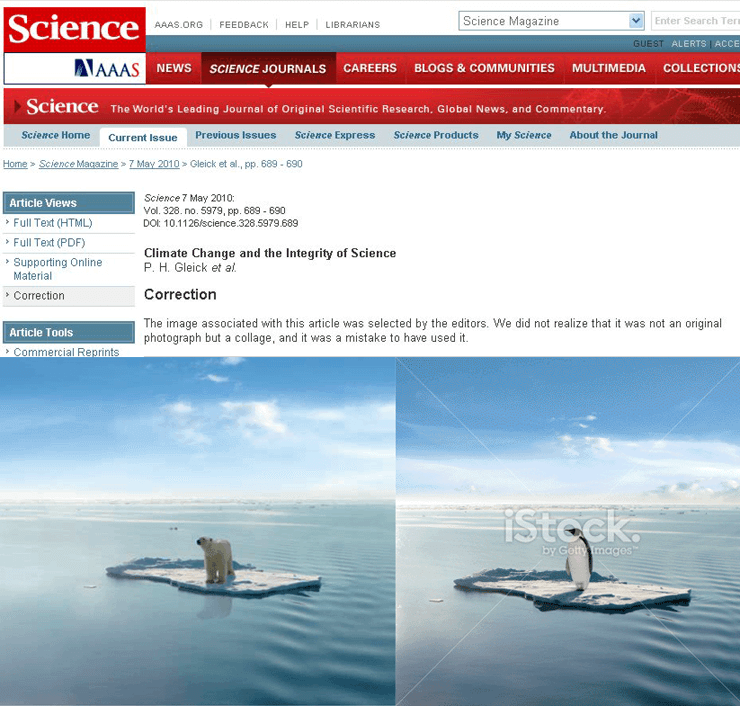NASA data indicate that 18 of the 19 hottest years on record have been observed since 2000.
ITEM: January 2019’s polar vortex broke or tied 340 Midwestern records for extreme cold in just two days – January 30 and 31 – as temperatures plunged to 30 below, 40 below, and even colder.
ITEM: Earth as of the start of April 2019 had experienced 411 consecutive months warmer than the global average, so no individual born after 1984 has experienced during his or her lifetime a month considered cooler than the historical norm.
All of which, and much more, raises some interesting questions:
- If extremes keep recurring – as they seem to be doing – will people at some point simply stop paying attention?
- As climate change makes these events more common, is there a point where people just stop talking about them? Pretty much accepting them (beware – cliché coming) as one more “new normal”?
Moore’s study, published in PNAS in February, found people base their perceptions of normal weather patterns on a two- to eight-year span of time – a short timeframe that can distort perceptions of the effects of climate change. Moore and her colleagues expressed concern about the “boiling frog” effect – accepting as normal a gradually more hostile environment rather than choosing to correct this environment – one they would have avoided if they knew what was truly happening.
Remainder of the article: Normalizing extreme weather dulls warming concerns » Yale Climate Connections
edit: spacing
Last edited:



